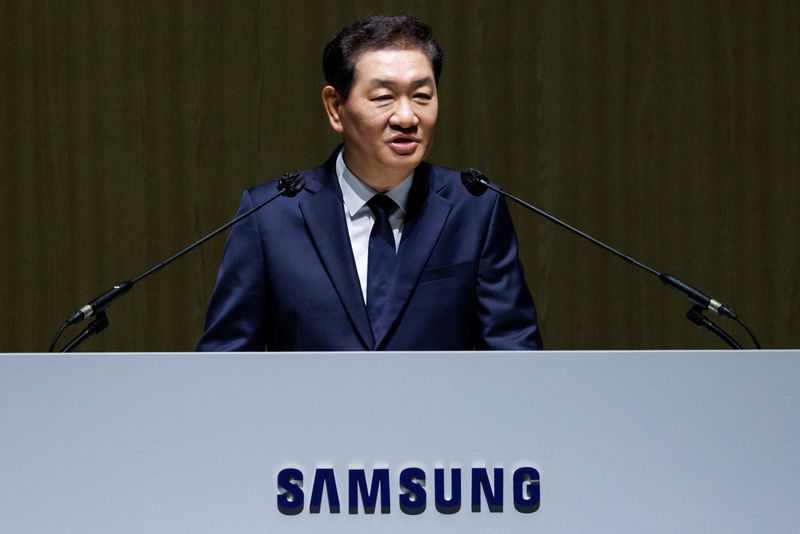Warren Buffett Slams Trump’s Tariff Policy as Economic Warfare
 |
| Buffett Warns of Inflation and Consumer Burden from Trade Taxes |
Renowned investor Warren Buffett, chairman of Berkshire Hathaway, has publicly condemned U.S. President Donald Trump’s tariff policy, labeling it an “act of war” against economic stability. In a CBS News interview aired on CNBC, Buffett argued that tariffs function as a hidden tax on goods, ultimately burdening consumers rather than mythical entities like the “Tooth Fairy,” which he used as a metaphor to emphasize that someone must pay the price. This marks the first time the billionaire has directly addressed Trump’s second-term trade strategy, though his skepticism echoes criticisms he voiced during the first Trump administration’s trade war with China. With Trump set to impose a 25 percent tariff on Canada and Mexico and a 10 percent tariff on China starting March 4, 2025, Buffett’s warning highlights growing concerns over inflation, weakened consumer confidence, and global trade tensions.
Buffett’s stance rests on decades of economic observation. He explained that tariffs, while intended to protect domestic industries or address issues like illegal immigration and drug trafficking, evolve into a tax on imported products over time. “In economics, you always have to ask, ‘And then what?’” he remarked, urging policymakers to consider the ripple effects. Drawing from the American folklore of the Tooth Fairy, where children believe a magical figure swaps coins for lost teeth, Buffett quipped that no such fairy exists to cover tariff costs. Instead, everyday consumers foot the bill through higher prices, a point underscored by economic analyses predicting inflationary pressure from Trump’s latest trade measures. The Tax Foundation, for instance, estimates that these tariffs could shrink U.S. GDP by 0.2 percent annually while costing thousands of jobs, amplifying the stakes of Buffett’s critique.
This isn’t Buffett’s first clash with Trump’s trade philosophy. During the 2018-2019 U.S.-China trade war, he cautioned that aggressive tariffs would harm global markets, a prediction borne out by disrupted supply chains and retaliatory measures. Now, with Trump doubling down on protectionism, Buffett foresees similar fallout. The upcoming tariffs target major trading partners, with Canada and Mexico accounting for over 40 percent of U.S. imports alongside China’s significant share. Economists warn that such broad levies could spark a domino effect: price hikes on everything from cars to groceries, diminished purchasing power, and potential retaliatory tariffs from affected nations. The Economic Policy Institute notes that past tariffs under Trump raised costs for U.S. households by an average of 1,000 dollars yearly, a burden likely to worsen with the new rates.
Public and expert reactions amplify Buffett’s concerns. On X, users like @NachoPolitico
have spotlighted his “Tooth Fairy” analogy, framing it as a blunt truth about tariff economics. Meanwhile, the White House defends the policy as a tool to curb fentanyl smuggling and bolster American manufacturing. Yet, critics argue the measures lack precision, hitting consumers harder than intended targets. For example, Canada’s role as a top oil supplier means higher tariffs could spike U.S. gas prices, while Mexico’s auto parts exports could drive up vehicle costs. Buffett sidestepped direct commentary on today’s economy, calling it “the most fascinating topic in the world” but declining to elaborate, perhaps to keep focus on his tariff critique.
The numbers paint a stark picture. A 25 percent tariff on Canada and Mexico, effective March 4, 2025, threatens industries reliant on cross-border trade, while the 10 percent levy on China could escalate tensions already simmering from prior disputes. Historical data backs Buffett’s wariness: during Trump’s first term, U.S. consumers absorbed over 90 percent of tariff costs, per the American Action Forum, with businesses passing on expenses rather than absorbing them. This precedent suggests the new tariffs could add hundreds of dollars to household budgets, especially as inflation lingers as a voter concern. Buffett’s broader point is that punitive trade barriers rarely deliver promised benefits without collateral damage, a view shared by free-trade advocates who see open markets as a path to prosperity.
Social media buzz on X reflects divided opinions. Some users hail Trump’s tariffs as a bold stand against foreign exploitation, while others echo Buffett, warning of a self-inflicted economic wound. Posts citing his CBS interview, like one from @EconWatcher
linking to the CNBC recap, underscore his influence as a voice of reason amid policy debates. Buffett’s track record as an investment guru lends weight to his words, though he avoids prescribing solutions, leaving that to lawmakers and economists. Still, his message is clear: tariffs are less a shield for American workers and more a tax masquerading as patriotism, with consequences that could haunt the economy for years.
For those tracking Trump’s tariff policy impact, Buffett’s critique offers a sobering lens. As prices climb and trade partners weigh retaliation, the billionaire’s “act of war” label may prove less hyperbole and more prophecy. Whether his warning sways public or political opinion remains uncertain, but it sharpens the debate over how America navigates its economic future in a fractious global landscape.



Comments
Post a Comment